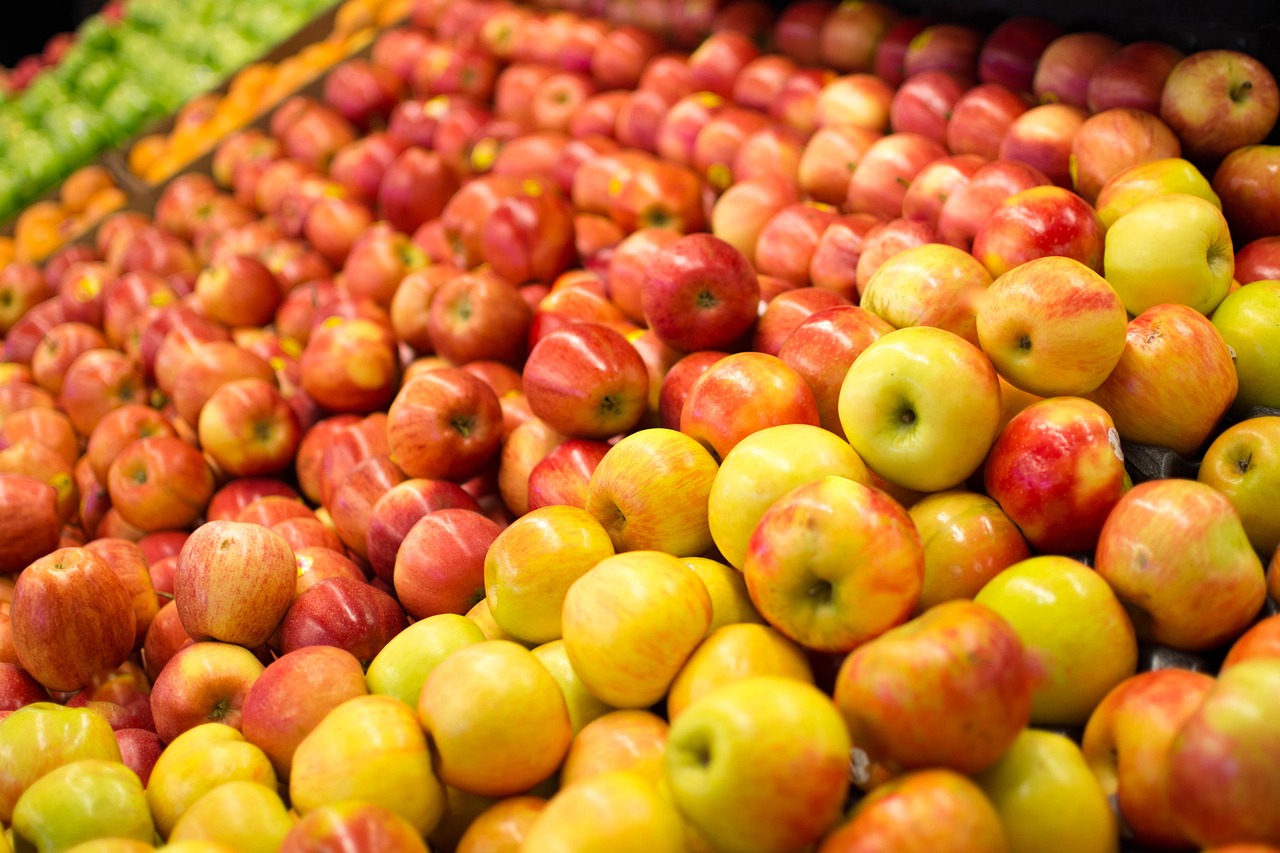The Impact of Food Security on Global Public Health: Cricbet99com, Sky11. Live login, Cricbet99 reddy anna
cricbet99com, sky11. live login, cricbet99 reddy anna: Food security is a crucial issue that impacts not only individual well-being but also global public health. The availability and access to nutritious and safe food have a significant influence on the overall health of communities worldwide. In this blog post, we will explore the various ways in which food security affects global public health and why it is essential to address this issue.
The Interconnection Between Food Security and Public Health
Food security is defined as the availability and access to sufficient, safe, and nutritious food to meet dietary needs and food preferences for an active and healthy life. When individuals do not have consistent access to an adequate supply of food, it can lead to malnutrition, starvation, and a range of health problems.
Malnutrition, in particular, is a significant concern related to food insecurity. It can manifest in various forms, including undernutrition, overnutrition, and micronutrient deficiencies. These conditions can have severe consequences for health, affecting physical and cognitive development, immune function, and overall well-being.
Furthermore, food insecurity is closely linked to poverty and environmental factors, such as climate change and natural disasters. These issues can impact agricultural production, food distribution, and access to affordable and nutritious food, further exacerbating the problem of food insecurity.
The Impact of Food Insecurity on Global Public Health
Food insecurity has far-reaching implications for global public health. Here are some of the key ways in which food security affects the health of populations around the world:
1. Malnutrition: Lack of access to nutritious food can result in malnutrition, which can lead to stunted growth, impaired cognitive development, and increased susceptibility to diseases.
2. Infectious diseases: Food insecurity can weaken immune systems, making individuals more vulnerable to infectious diseases such as tuberculosis, malaria, and HIV/AIDS.
3. Non-communicable diseases: Poor diet quality resulting from food insecurity can contribute to the development of non-communicable diseases like diabetes, cardiovascular disease, and obesity.
4. Maternal and child health: Food insecurity can have particularly devastating effects on pregnant women and young children, leading to adverse birth outcomes, developmental delays, and long-term health consequences.
5. Mental health: The stress and anxiety associated with food insecurity can have negative effects on mental health, leading to depression, anxiety disorders, and other mental health conditions.
Addressing Food Security to Improve Global Public Health
To improve global public health, it is essential to address the issue of food security comprehensively. This requires a multifaceted approach that integrates policies and programs aimed at:
1. Ensuring access to nutritious and affordable food for all individuals, regardless of income or location.
2. Promoting sustainable agriculture and food production practices to enhance food security and reduce environmental impact.
3. Empowering marginalized communities and vulnerable populations to advocate for their food security rights and access essential resources.
4. Enhancing food distribution systems to reduce food waste and improve access to fresh and healthy food options.
5. Investing in research and innovation to develop solutions that address food insecurity at the local, national, and global levels.
FAQs
1. What is the difference between food security and food sovereignty?
Food security refers to the availability and access to sufficient, safe, and nutritious food, whereas food sovereignty encompasses the right of communities to define their food and agriculture systems.
2. How can individuals contribute to improving food security?
Individuals can support food security initiatives by advocating for policies that promote access to healthy food, reducing food waste, supporting local farmers and food producers, and volunteering with organizations that work to address food insecurity.
3. What role do governments and policymakers play in addressing food security?
Governments and policymakers play a crucial role in developing and implementing policies that promote food security, such as expanding social safety nets, investing in agricultural development, and regulating food markets to ensure fair and equitable access to food resources.
In conclusion, food security is a critical issue that has far-reaching implications for global public health. By addressing food insecurity comprehensively and implementing strategies to improve access to nutritious and safe food, we can work towards a healthier and more equitable world for all.
References:
– Food and Agriculture Organization of the United Nations. (n.d.). What is food security? Retrieved from http://www.fao.org/3/cb1848en/cb1848en.pdf
– Bhutta, Z. A., Das, J. K., Rizvi, A., Gaffey, M. F., Walker, N., Horton, S., … & Black, R. E. (2013). Evidence-based interventions for improvement of maternal and child nutrition: what can be done and at what cost?. The Lancet, 382(9890), 452-477.







